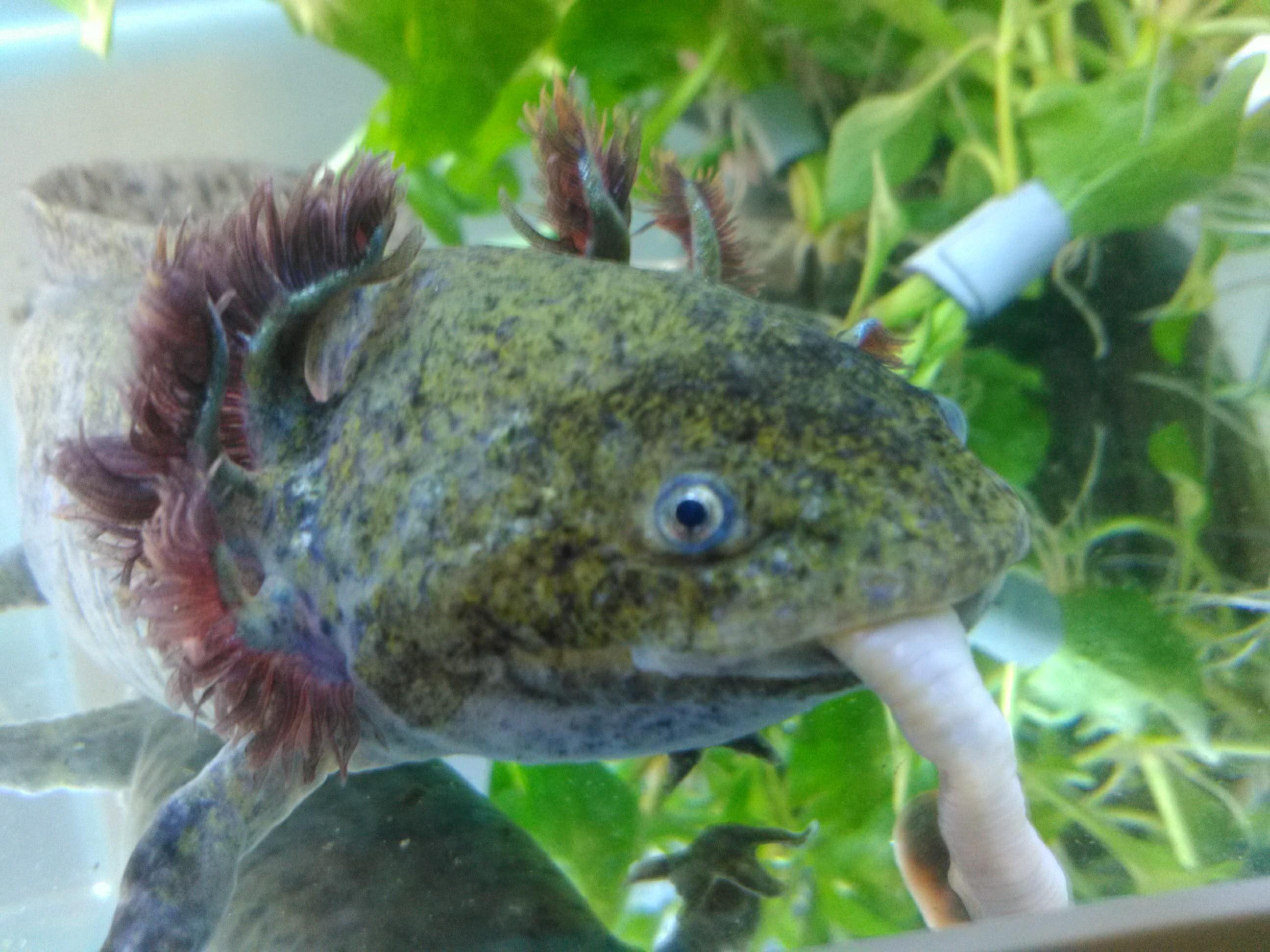Axolotls, often referred to as “walking fish,” are fascinating creatures that have captured the interest of aquarium enthusiasts and researchers alike. These unique amphibians, native to Mexico, are known for their ability to regenerate limbs, making them a subject of scientific intrigue. However, one of the most common questions among axolotl owners and potential owners is: What do axolotls eat? In this article, we’ll delve into the dietary habits of axolotls, providing a detailed, a, and engaging guide that covers everything you need to know about feeding these remarkable creatures.
Key Takeaways
Before we dive into the details, here are the key points you need to know about what axolotls eat:
- Axolotls are carnivorous and primarily eat a diet of live or frozen foods.
- Common foods include worms, small fish, and specially formulated pellets.
- Proper diet is crucial for their health and longevity.
- Avoid feeding them hard foods or those that can cause blockages.
Deep Dive
Who is Involved: Understanding Axolotls
Axolotls (Ambystoma mexicanum) are a type of neotenic salamander, meaning they retain their larval features throughout their adult life. Native to the lakes underlying Mexico City, these creatures have become popular pets due to their unique appearance and regenerative abilities. Axolotls are carnivorous, and their diet in the wild primarily consists of small aquatic creatures.
Timeline of Events: Evolution of Axolotl Diet
The dietary habits of axolotls have evolved over time. In their natural habitat, they feed on a variety of small prey, including:
- Worms: Earthworms and bloodworms are a staple in their diet.
- Small Fish: Tiny fish like guppies are often consumed.
- Crustaceans: Small shrimp and other crustaceans are also part of their natural diet.
- Insects: Larvae and other small insects found in the water.
In captivity, their diet has been adapted to include both live and frozen foods, as well as specially formulated pellets that provide essential nutrients.
How Does This Impact Them?: Importance of Proper Diet
The diet of an axolotl significantly impacts its health, growth, and longevity. A well-balanced diet ensures that axolotls receive the necessary nutrients to thrive. Here are some key aspects to consider:

- Growth: Proper nutrition supports healthy growth and development.
- Regeneration: Nutrient-rich foods aid in their remarkable regenerative abilities.
- Behavior: A healthy diet can influence their behavior, making them more active and responsive.
- Longevity: Axolotls with a balanced diet tend to live longer, healthier lives.
For pet owners, ensuring their axolotls receive the right diet is crucial. This involves understanding the types of food that are suitable and the feeding frequency.
Public Reaction: Axolotl Diet in Popular Culture
Axolotls have gained significant attention in popular culture, partly due to their unique appearance and fascinating regenerative abilities. Media coverage often highlights their dietary habits, emphasizing the importance of a proper diet for their health. Documentaries, articles, and social media posts frequently feature axolotls, showcasing their feeding behaviors and preferred foods.
For instance, popular YouTube channels dedicated to exotic pets often demonstrate feeding routines, providing valuable insights for new axolotl owners. These videos emphasize the importance of offering a varied diet to ensure optimal health.
Upcoming Plans: Advancements in Axolotl Nutrition
The field of axolotl nutrition is continually evolving, with ongoing research aimed at better understanding their dietary needs. Future advancements may include:
- Enhanced Pellets: Development of more nutritionally balanced pellets tailored specifically for axolotls.
- Feeding Technologies: Innovations in automated feeding systems to ensure consistent and appropriate feeding schedules.
- Research Studies: Continued research on the impact of various diets on axolotl health and regeneration.
These advancements will likely lead to improved care practices, ensuring that axolotls receive the best possible nutrition to support their unique biological needs.
Understanding what do axolotls eat is essential for anyone interested in keeping these fascinating creatures as pets. Axolotls thrive on a carnivorous diet that includes worms, small fish, and specially formulated pellets. Ensuring they receive a balanced diet is crucial for their health, growth, and longevity. As research and technology continue to advance, the future of axolotl nutrition looks promising, offering new ways to support these remarkable amphibians.
By providing your axolotl with the right diet, you can enjoy the company of a healthy, active, and long-lived pet, marveling at its unique features and behaviors.









